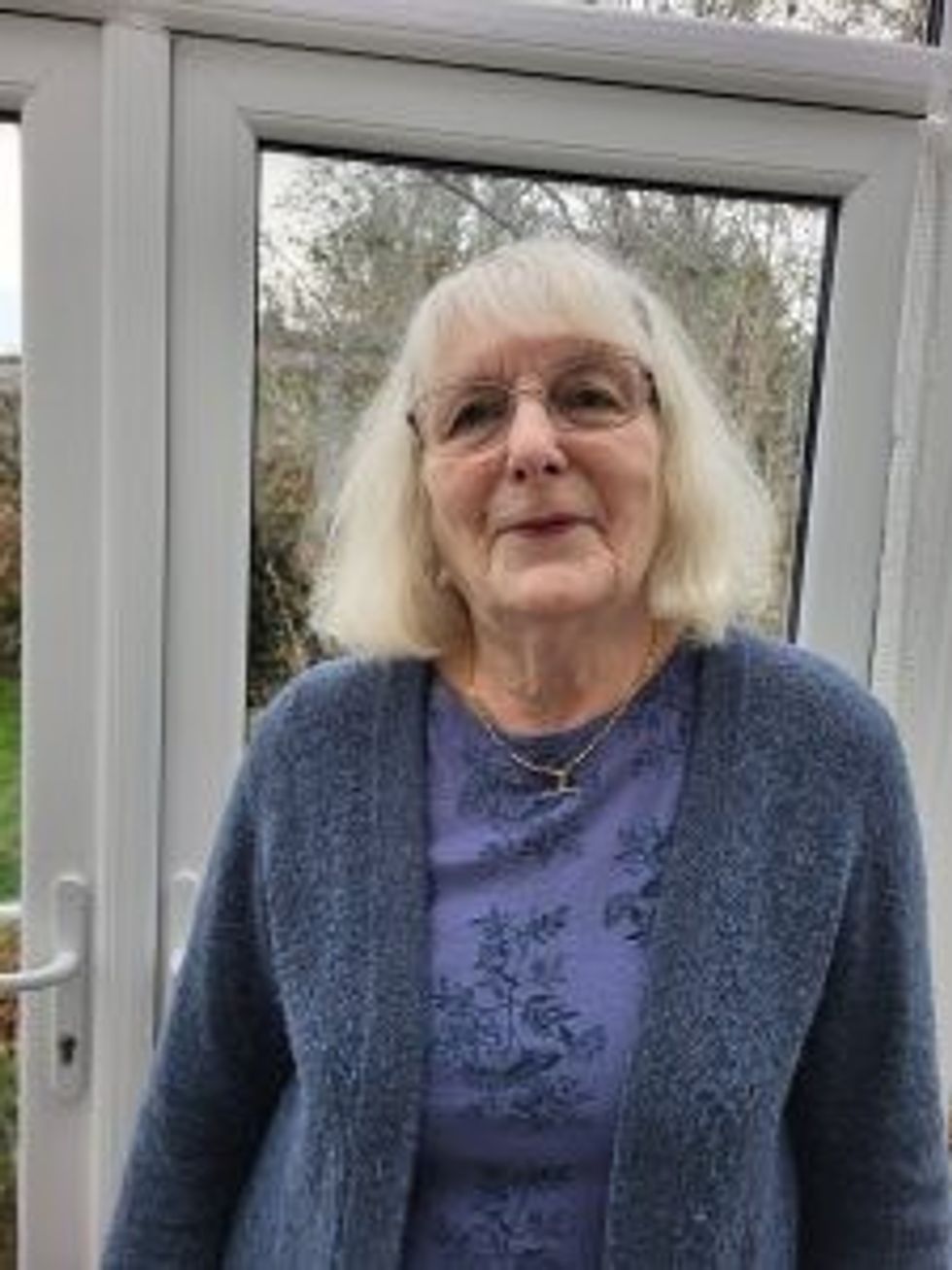The charity has urged the ICB to reconsider their policy which poses an additional challenge for people living with the condition
NHS West Yorkshire Integrated Care Board (ICB)’s decision to withdraw gluten free prescriptions for people with coeliac disease across Leeds and Calderdale has disappointed Coeliac UK.
In a statement released on Thursday, the charity, which provides support and advice to those living with the disease, has raised “grave concerns” about the decision, warning that it will have a detrimental impact on the coeliac community.
The policy is currently implemented across the ICB’s other places including Bradford district and Craven, Kirklees and Wakefield district, preventing coeliac patients from accessing gluten free bread and flour mix on prescription.
NHS West Yorkshire ICB wants to align its gluten free prescribing guidelines across its five places.
But the charity is worried that the additional cost of gluten free staple products will poses a real challenge to maintaining the gluten-free diet, which is the only treatment for the condition.
A study by the charity last year found that a weekly gluten free food shop can be 20 per cent more expensive than a standard weekly food shop. Further, the report revealed that the cheapest loaf of gluten free bread cost 7.2 times more than the cheapest gluten containing loaf.
Tristan Humphreys, Head of Advocacy, Coeliac UK, said: “We are extremely disappointed that NHS West Yorkshire ICB has taken this decision. These changes remove a much-needed lifeline for those with coeliac disease in Leeds and Calderdale at a time when the cost-of-living crisis is hitting people with coeliac disease particularly hard.
“Failure to support people with coeliac disease risks them developing serious long-term conditions down the line, the cost of which overshadows that of gluten free prescriptions,” he added.
According to Humphreys, the ICB has failed to provide any evidence to support their claims that there has not been any adverse impact on the places that previously withdrew gluten free prescribing.
Hence, Coeliac UK has urged the ICB to reconsider this policy and “do the right thing, based on the evidence.”
The charity suggested that West Yorkshire should follow the footsteps of neighbouring NHS South Yorkshire ICB which has adopted a policy of gluten free prescribing for health equality grounds.
Picture: Sue Johnson
The withdrawal of gluten free prescriptions has come as a big blow to Sue Johnson, a coeliac patient from Leeds, who is already struggling to secure gluten free food due to inflation.
She said: “I was diagnosed with coeliac disease when I was in my forties and I shall be 77 this year. If I consume gluten I have very severe symptoms. Within an hour, I feel faint and dizzy and need to lie down. Following that, I'm repeatedly violently sick and experience bouts of diarrhoea, alongside painful cramps which can last for days.
“I have struggled to pay my gas and electricity bills over the last year, all made worse by higher food prices. This will only get more difficult, without access to gluten free bread and flour on prescription.
“Gluten free food is my medicine. I feel really let down by the ICB, who don’t seem to understand the reality for people living with coeliac disease,” she added.
While patients can opt for gluten free substitute foods such rice and potatoes, there are practical challenges for food on the go, packed lunches, additional preparation requirements and energy costs for cooking, the charity noted.
Coeliac disease is an autoimmune disorder in which the immune system mistakenly recognizes gluten (a protein found in wheat, barley, and rye) as "foreign" and causes chronic inflammation in the small intestine, and lead to bloating, stomach cramps, vomiting, diarrhoea and tiredness.
Patients are also at risk of developing osteoporosis, neurological dysfunction, unexplained infertility, recurrent miscarriage and in rare cases even small bowel cancer.














